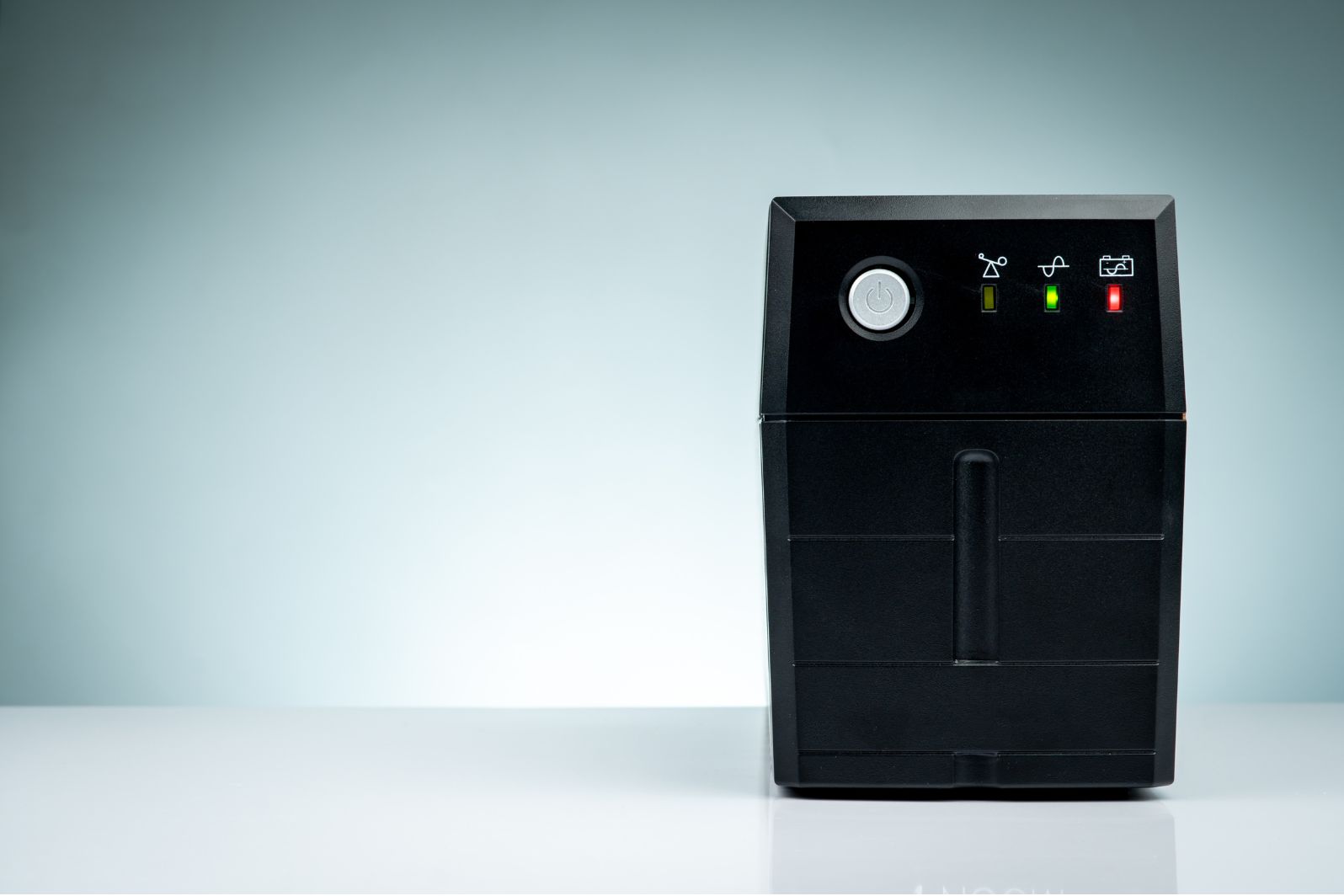Uninterruptible Power Supplies or UPS power backup systems are reliable power solutions that deliver required power backup in case of emergencies. Imagine working on an important presentation, and the power goes out. Nowadays, power outages have become quite a common thing. Therefore, a UPS power backup system is a blessing in modern environments where a reliable power supply is crucial. Let’s move forward to get to know more about UPS maintenance and its importance.
Benefits of Regular UPS Maintenance
UPS maintenance is necessary to keep them operating reliably. Regular maintenance prevents unexpected failures, extends lifespan, and safeguards against downtime during power outages. In fact, it helps in identifying and addressing the issues early. They may be battery deterioration or component wear. As a result, it enables the user to avoid costly breakdowns. Besides, proper care helps maintain UPS efficiency and reduce energy consumption, which promotes safety by preventing hazards. Overall, UPS maintenance guarantees uninterrupted power protects equipment, and secures critical data, making it essential for businesses and individuals reliant on continuous power supply.
Proven Tips for UPS Maintenance
Whether it’s a data centre, medical facility, or home office setup, they provide a safety net against power outages and voltage fluctuations. It is necessary to follow certain maintenance practices to ensure your UPS system operates effectively and reliably over the long term.
- Regular Visual Inspections
Conduct thorough visual checks of your UPS power backup system. By visually examining the unit, one can look for any physical damage. They may include dents, cracks, or exposed wires. Activities such as inspecting cables and connections for signs of wear or looseness can help prevent any damage. Indicator lights and displays for abnormal readings or error messages also help identify any fault in the UPS.
- Battery Health Testing
An important step that many UPS system users overlook is keeping a check on its battery. It is essential to periodically test the batteries to assess their health and capacity. Moreover, performing load tests to simulate power outage scenarios and ensure the batteries can provide the required backup power. Lastly, comparing the test results with manufacturer specifications can help determine if a battery replacement is necessary.
- Timely Battery Replacement
One of the common reasons for reduced UPS power backup is battery ageing. Replacing them per the manufacturer’s recommendations can help maintain optimal backup power capability.
- Environmental Considerations
It is observed that environmental conditions do have an impact on the long-term performance of a UPS. Therefore, keeping them in a controlled environment where conditions like stable temperature and humidity levels are maintained is important. Moreover, ensuring proper ventilation can help prevent overheating, as excessive heat leads to premature component failure.
- Dust and Debris Management
Dust is something which may obstruct the airflow through a UPS power backup system, resulting in hampered performance. Therefore, it is vital to regularly clean the UPS unit and its surroundings to prevent dust accumulation. One can use a soft brush or compressed air to clean the dust from vents, fans, and components.
- Firmware Updates and Monitoring
Keeping oneself updated with the latest information about firmware updates provided by the manufacturer is another important maintenance tip. These updates may include performance enhancements, bug fixes, and new features. By using monitoring software, one can track UPS status and receive alerts for anomalies.
- Professional Servicing
One of the most important maintenance tips for ensuring the long-term performance of your UPS power backup systems is professional service. At least once a year, connect with a trained technician who can perform comprehensive battery tests. In fact, they can also help by addressing any complex issues and offering expert recommendations.
- Safety Precautions
The last and most critical maintenance tip is prioritising safety. Always turn off the UPS and then disconnect it from the power source while performing any maintenance tasks. Use appropriate safety gear when handling batteries or internal components.
Final Thoughts
While the UPS power backup system is an investment for securing power backup, its maintenance tips are an investment for its long-term performance. The above-mentioned knowledge about UPS systems, their benefits, and maintenance tips helps ensure your system works effortlessly. Look forward no more and connect with a trusted power solutions partner to enjoy an uninterrupted power supply.



